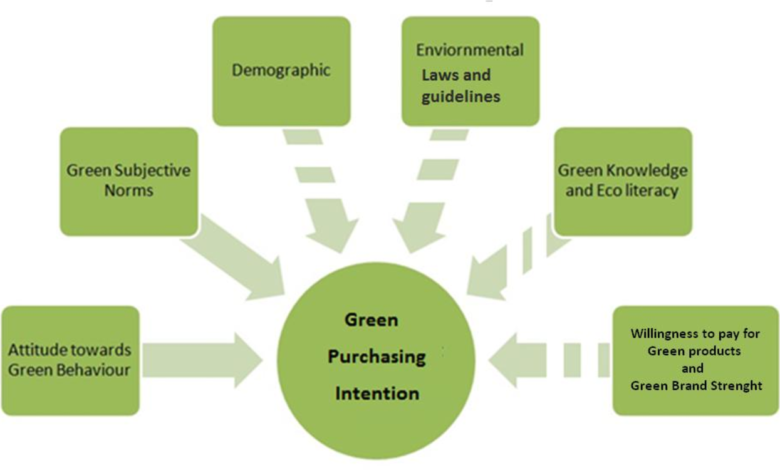The Role of Consumer Behavior in Encouraging a Green Economy

As our planet continues to face environmental challenges, more and more people are becoming conscious of their actions and are trying to make a difference. One way that individuals can have a significant impact on the environment is by making eco-friendly choices in their purchasing decisions. This article will explore the role of consumer behavior in encouraging a green economy and provide insights into how individuals can make informed choices that contribute to sustainability.
Consumer behavior refers to the actions and decisions consumers make when purchasing goods or services. It is a complex process that involves psychological, social, and environmental factors. The impact of consumer behavior on the environment is significant. According to a report by the United Nations, consumer behavior accounts for up to 60% of global greenhouse gas emissions and 80% of global water use. Therefore, it is crucial to understand the role of consumer behavior in promoting sustainability and a green economy.
The Psychology of Consumer Behavior
The decisions consumers make when purchasing products are often influenced by emotions and values. Consumers may choose to buy a product that aligns with their personal beliefs or that makes them feel good about themselves. The consumer decision-making process involves five stages: problem recognition, information search, evaluation of alternatives, purchase decision, and post-purchase evaluation. Marketers play a significant role in shaping consumer behavior through advertising and other promotional activities.
Green Consumerism
Green consumerism refers to the practice of making purchasing decisions that prioritize environmentally friendly products and businesses. It has become increasingly popular in recent years, with more consumers choosing to support eco-friendly products and companies. While green consumerism has its benefits, such as reducing carbon emissions and promoting sustainability, it also has drawbacks, such as the higher cost of eco-friendly products and the potential for greenwashing, where companies make false or misleading claims about their environmental impact.
Barriers to Green Consumerism
Despite the growing popularity of green consumerism, there are still barriers that prevent consumers from making sustainable choices. One of the most significant barriers is the cost-effectiveness of eco-friendly products. Many consumers are unwilling or unable to pay a premium for green products. Another barrier is the availability of eco-friendly products. Consumers may not be able to find eco-friendly options in their local stores, or the products may not be as convenient to use as non-eco-friendly alternatives.
Encouraging Green Consumerism
Education is key to promoting sustainable behavior. By educating consumers about the environmental impact of their choices and the benefits of eco-friendly products, individuals can make more informed decisions. Incentives and rewards can also encourage green consumerism, such as discounts for bringing reusable bags to the store or loyalty programs that reward customers for making sustainable choices. Community engagement is also crucial. Consumers can work together to promote sustainable behavior and put pressure on businesses to make environmentally friendly choices.
The Role of Businesses
Businesses play a significant role in promoting sustainability. Corporate social responsibility initiatives can help businesses reduce their environmental impact and promote sustainable practices. Sustainable supply chains are also important, as they help ensure that products are produced and transported in an environmentally friendly way. Businesses can also promote green consumerism by offering eco-friendly products and services and using eco-labels to inform consumers about the environmental impact of their choices.
The Psychology of Consumer Behavior
- How do emotions and values impact purchasing decisions?
- Understanding the consumer decision-making process
- The Role of marketing in shaping consumer behavior



